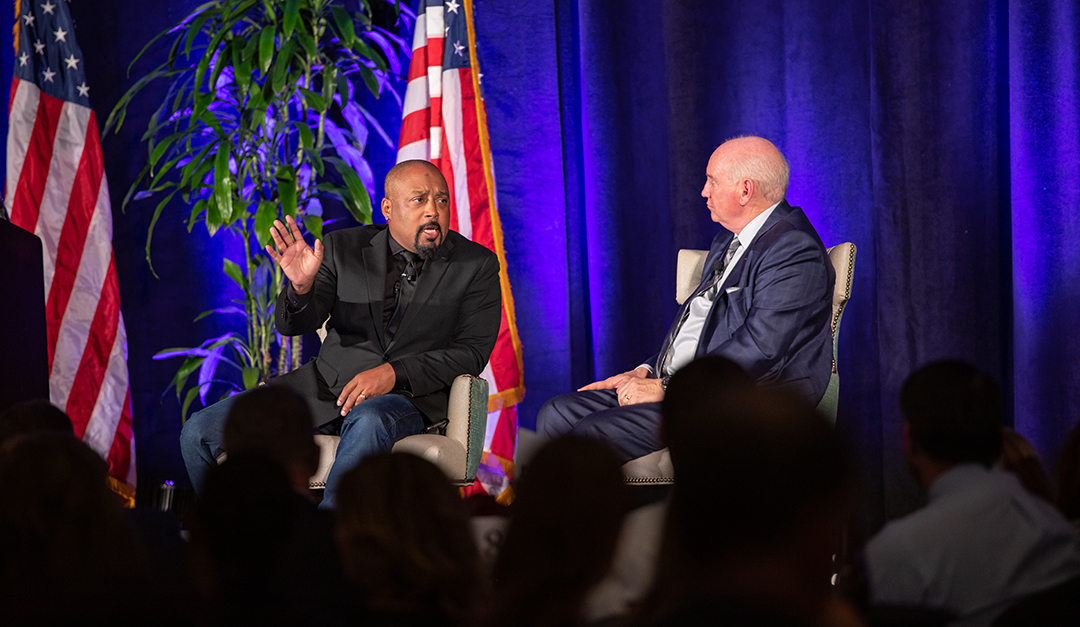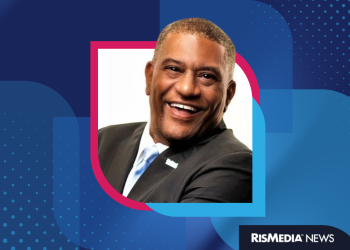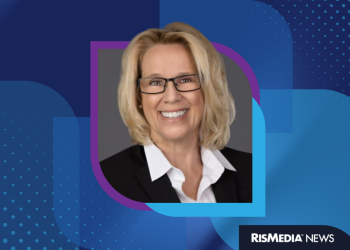(Above) Daymond John, Founder and CEO of FUBU and Star of ABC’s “Shark Tank,” and John Featherston, President and CEO of RISMedia, at RISMedia’s 24th Annual Power Broker Reception & Dinner (Credit: AJ Canaria of PlanOmatic)
RISMedia’s exclusive Power Broker Reception & Dinner, held at the Fairmont San Francisco on November 8, was a night of valuable networking and recognition of some of the industry’s most influential Power Brokers. There were more than 600 brokerage executives in attendance, and they all eagerly awaited this year’s keynote speaker: Daymond John, founder and CEO of FUBU, star of ABC’s “Shark Tank,” CEO of The Shark Group and presidential ambassador for Global Entrepreneurship.
RISMedia President and CEO John Featherston sat down with John for a conversation about what it means to be successful and how big business goals can be achieved. Here are the highlights of their exchange:
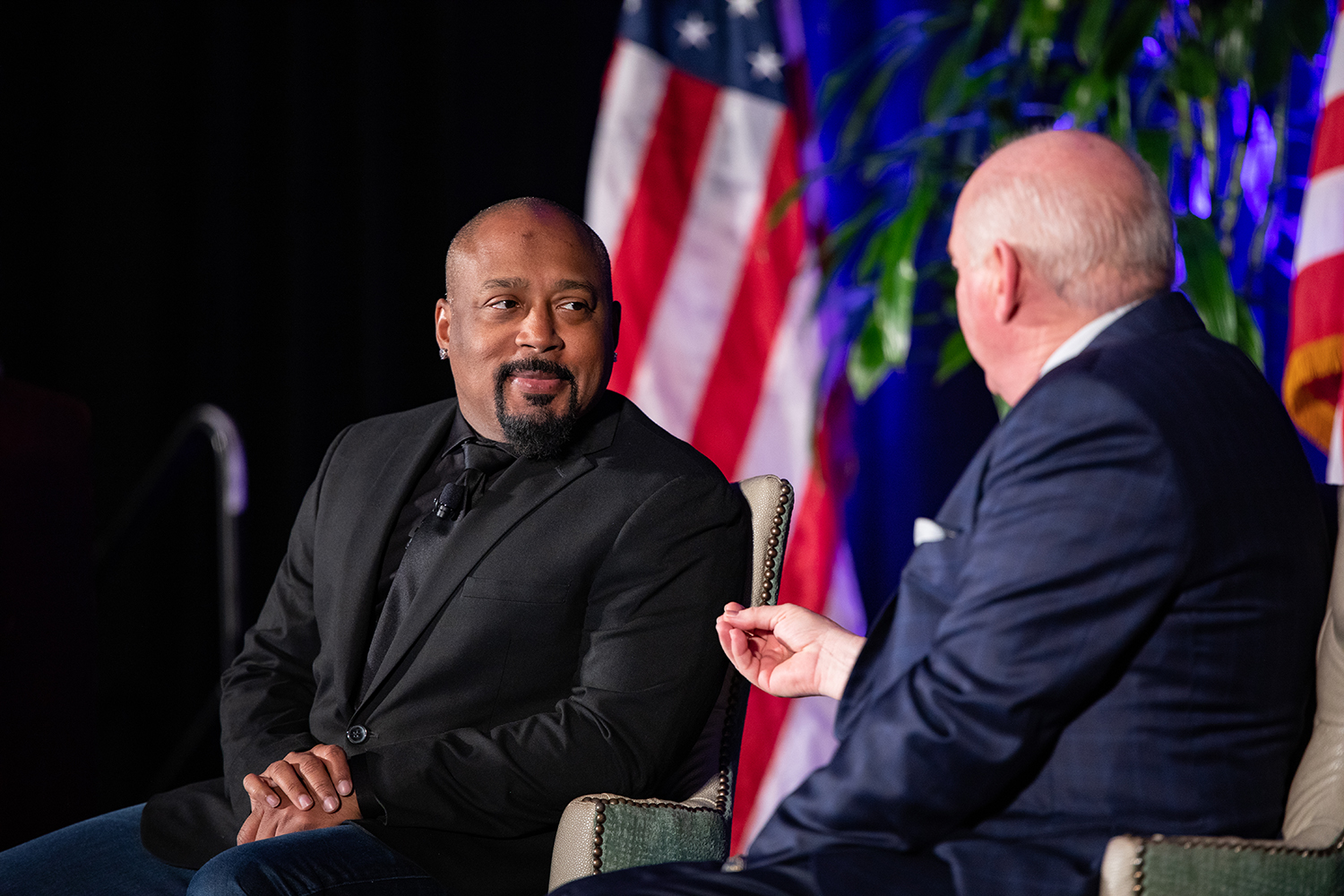
(Above) Credit: AJ Canaria of PlanOmatic
John Featherston: This audience would love to know how you started, how you became an entrepreneur and what motivated you from the very beginning…
Daymond John: I became an entrepreneur by watching my parents always work. They always said that their day job would never make them rich. My parents got divorced when I was 10 and I became the man of the house—I had to watch my mother work three jobs to put the same amount of food on the table as before. I didn’t want to see my mom working so hard, so I started working when I was 10 years old.
JF: And you haven’t stopped working since! Let’s talk a little bit about what it’s like to start a business.
DJ: The first real business I thought I was going to be a gazillionaire in…I lost all my money in like the first three months. I realized that I was doing things for money and I didn’t really love what I was doing, and that it wasn’t for me. I didn’t really find my passion until I felt like I was addressing a community—a community of hip-hop kids who loved this new music, but we didn’t feel that the designs of that day were wanting to support us. FUBU was for everyone who loved hip-hop. In 1989, on Good Friday, I sold $800 worth of hats in one hour and I remember saying to myself, “I’m never going to work for anybody, ever again, for the rest of my life.”
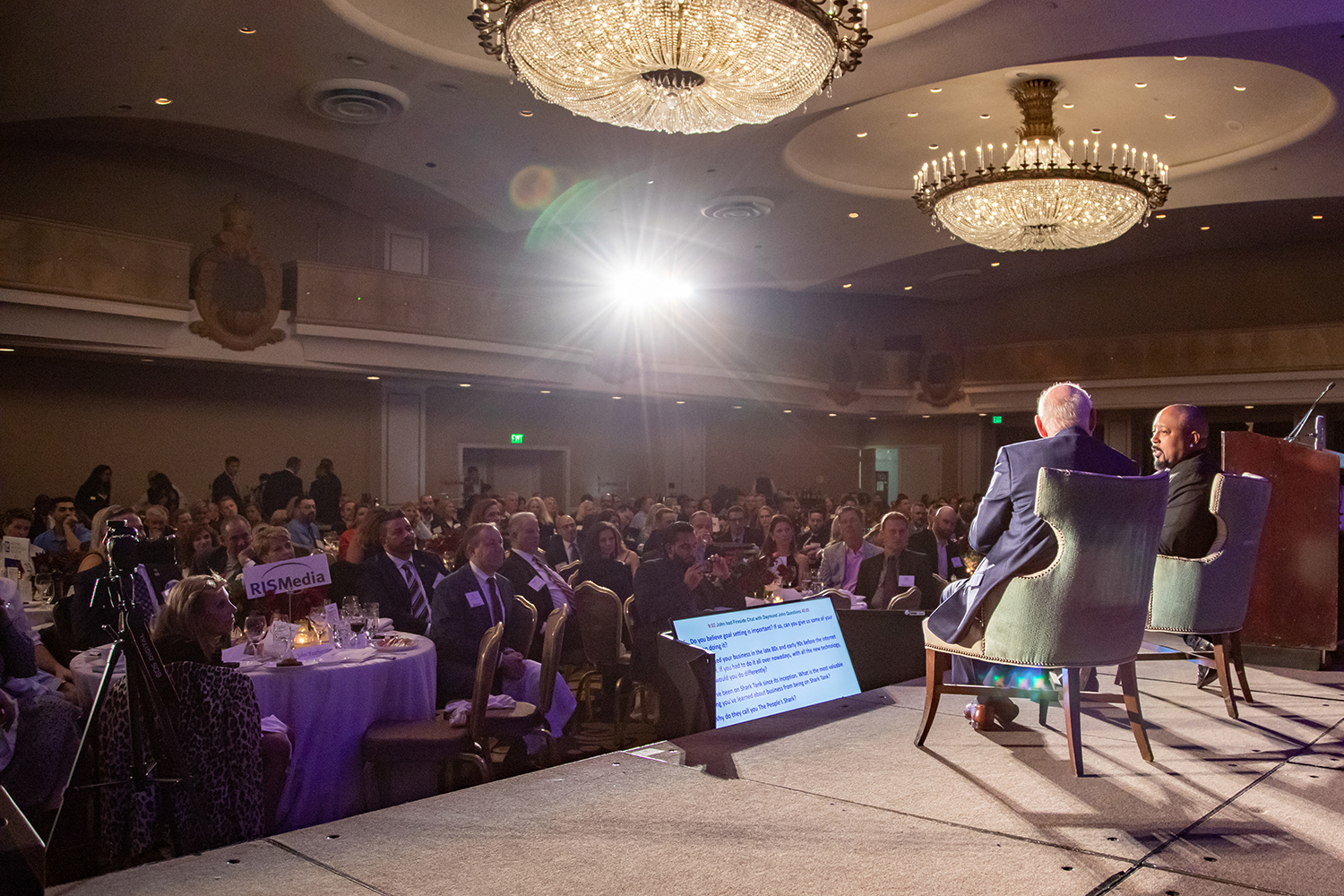
(Above) Credit: AJ Canaria of PlanOmatic
JF: How did you go from the first 10 years to, really, an incredible journey?
DJ: There were a lot of financial blunders the first couple of years. I didn’t understand the anatomy of a bankruptcy. I invested high and pulled out low. But sooner or later, I found out how money works. And I had a lot of mentors in a lot of different industries. It was purely about continually educating myself.
JF: Let’s talk a little bit about “Shark Tank.” Tell us what the show means to you and what it means to be “The People’s Shark.”
DJ: I went on the show to get great deals. And I didn’t realize initially that it was more about investing in the future of our country, and how powerful the show was for families. Kids were coming home saying they wanted to be a Shark, so it was a very powerful vehicle. I learn from the Sharks, but I really do learn more from the entrepreneurs and how they do business. I started to learn how to convert sales and curriculums and education through social media. The best thing is that the carpet they stand on doesn’t care about race, color, creed, sexual preferences—that carpet is the ultimate equalizer. Anybody, if they apply themselves and educate themselves, can make it. It’s a huge platform for empowering people.
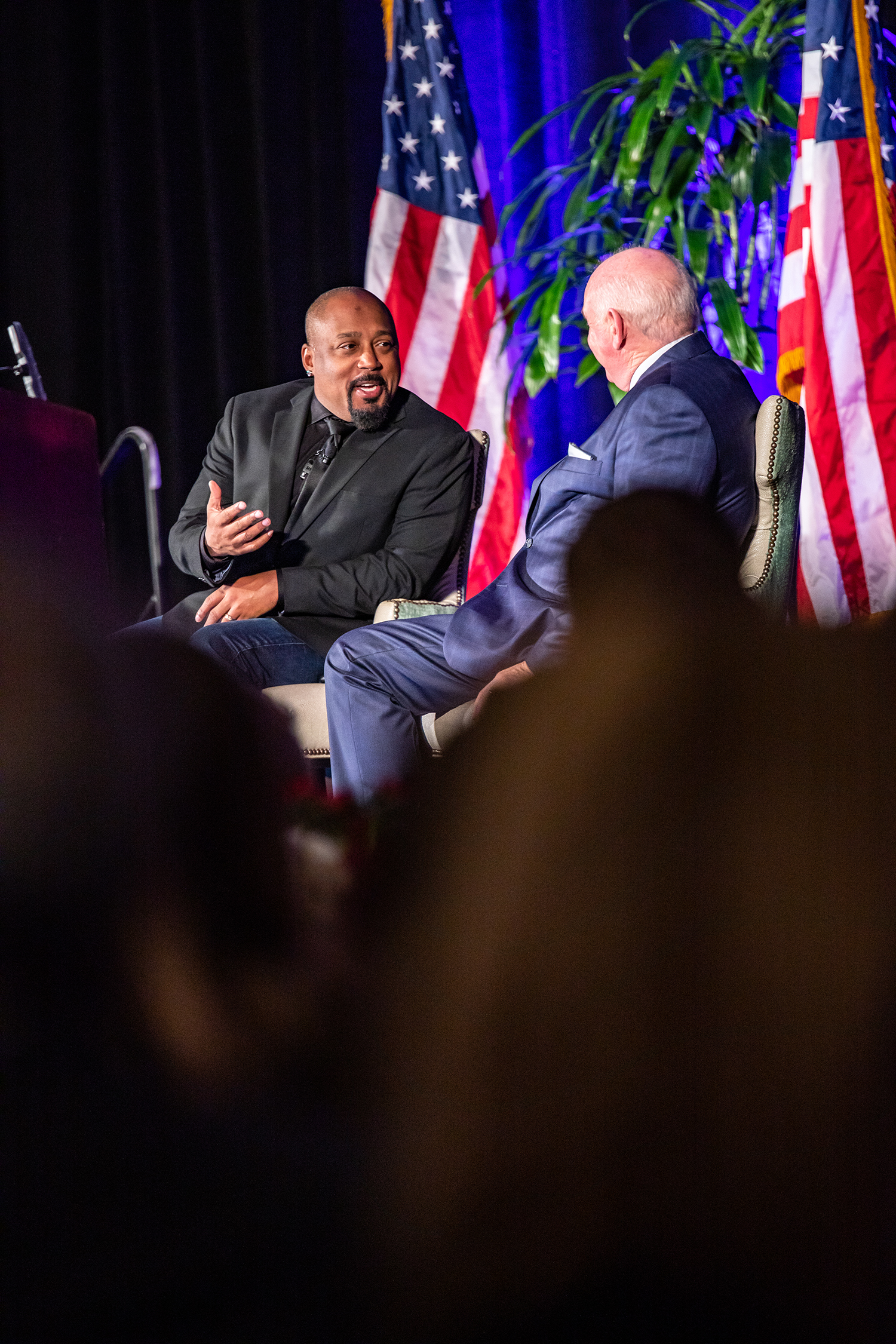
(Above) Credit: AJ Canaria of PlanOmatic
JF: In our industry, we get caught up in what are often called “disruptors.” But everyone in this room is a disruptor because, every day, they try to improve their business. What motivates you to get better every day and improve your business?
DJ: I try to roll up my sleeves and actively practice whatever tools we are using. I give acknowledgement when people do well, but I also allow people to fail, as long as they fail fast. A lot of times in organizations, we don’t praise people when they make attempts. Ownership is something that every employee wants—they want to know that they’ve been acknowledged for some reason or another. So, it’s a combination of failing fast, taking chances, giving acknowledgement and showing them that I’m willing to pick up a box as fast as they are. Anything I ask them to do, I’m willing to do the same. The best people in your company have options. You can’t stop anyone from being successful, so you have to reward them because, if not, sooner or later, they are going to become your competition.
For continuing coverage of the REALTORS® Conference & Expo, please visit RISMedia.com.
 Liz Dominguez is RISMedia’s associate content editor. Email her your real estate news ideas at ldominguez@rismedia.com.
Liz Dominguez is RISMedia’s associate content editor. Email her your real estate news ideas at ldominguez@rismedia.com.



